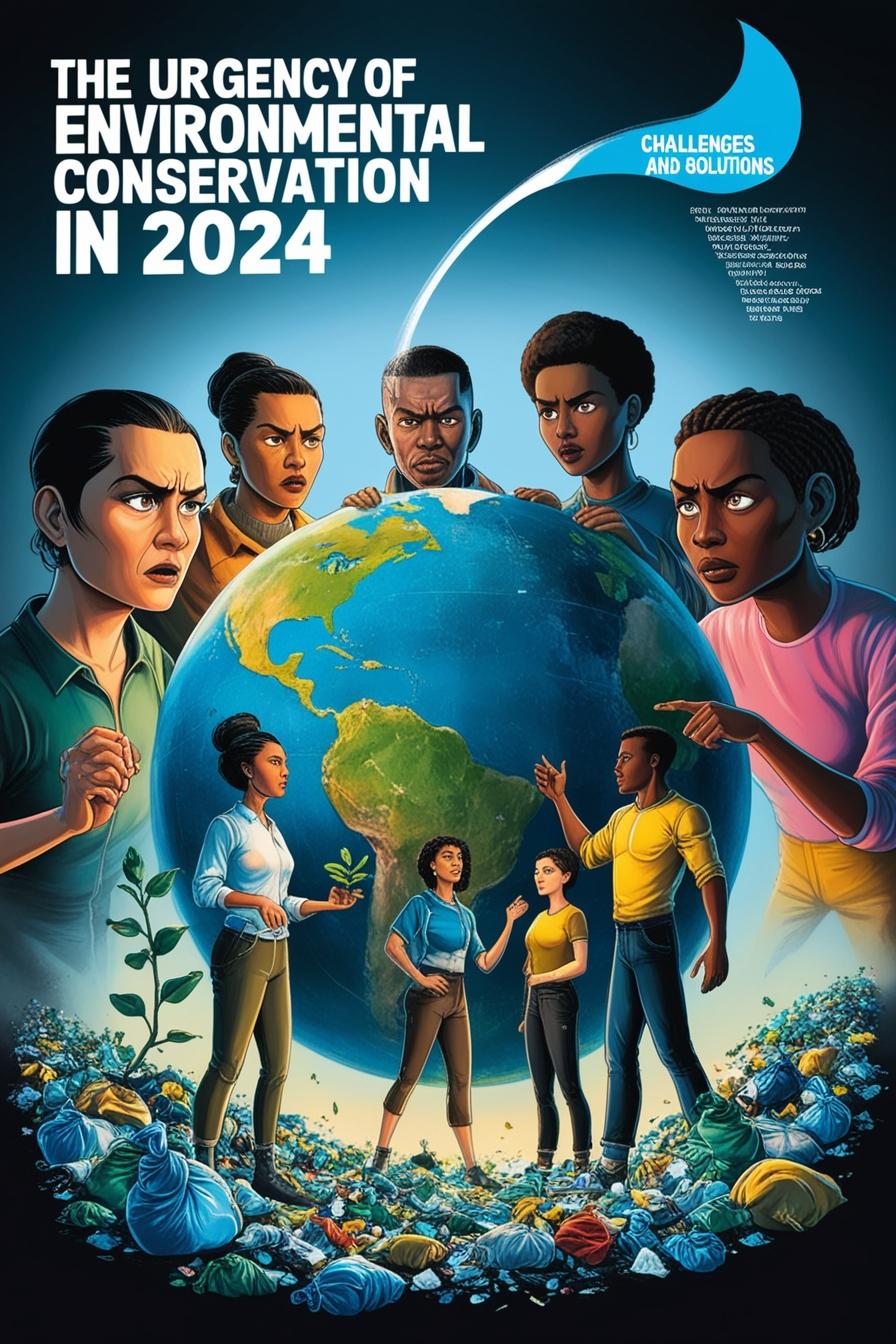**Environment Conservation in 2024: A Call for Urgent Action**
In 2024, environmental conservation has become more critical than ever. The Earth's ecosystems, climate patterns, and biodiversity are under unprecedented stress due to human activities. The current situation demands immediate action to preserve the planet for future generations.
One of the most pressing concerns is climate change. In 2023, global temperatures rose to alarming levels, with scientists reporting that 2023 tied with 2016 as the hottest year on record. According to the Intergovernmental Panel on Climate Change (IPCC), global temperatures have increased by approximately 1.2°C since pre-industrial times, and we are on track to exceed the 1.5°C threshold by the 2030s without significant intervention. This warming trend has led to the melting of polar ice caps, rising sea levels, and more frequent extreme weather events such as hurricanes, droughts, and wildfires.
Deforestation continues to be a major environmental issue. In 2022, an estimated 10 million hectares of forest were lost globally, driven by agricultural expansion, logging, and urbanization. Forests are crucial for regulating the Earth's climate, storing carbon, and supporting biodiversity. With over 80% of terrestrial species living in forests, the destruction of these ecosystems threatens countless species with extinction.
Plastic pollution remains another significant challenge. In 2024, it is estimated that over 8 million tons of plastic waste enter the oceans annually. By 2050, there could be more plastic than fish in the oceans by weight if current trends continue, according to a report by the Ellen MacArthur Foundation. This not only harms marine life but also threatens human health, as microplastics make their way into the food chain.
Efforts to conserve the environment are underway, but progress has been slow. Renewable energy sources such as solar and wind power are becoming more widespread, with renewables accounting for about 29% of global electricity generation in 2024. However, fossil fuels still dominate, making up around 60% of energy consumption globally.
In conclusion, environmental conservation in 2024 requires a concerted global effort. Governments, businesses, and individuals must work together to reduce carbon emissions, protect forests, and address pollution. The time for action is now if we are to preserve the Earth’s ecosystems and ensure a sustainable future for all.

